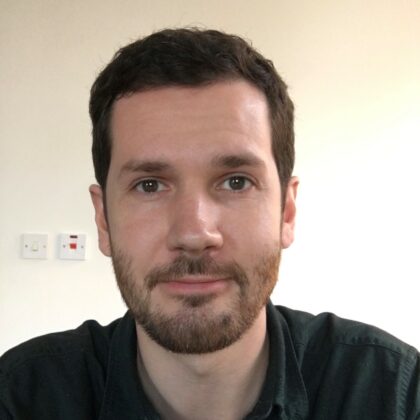Transitions in care between hospital and community settings can pose risks to patient safety – particularly medication errors.
To reduce these risks, it’s important that medicines documentation be successfully transferred across care settings. And medicines reconciliation – the act of resolving discrepancies in medication lists at care boundaries – is one key strategy to achieve that. But we do not know enough about how this works in practice.
